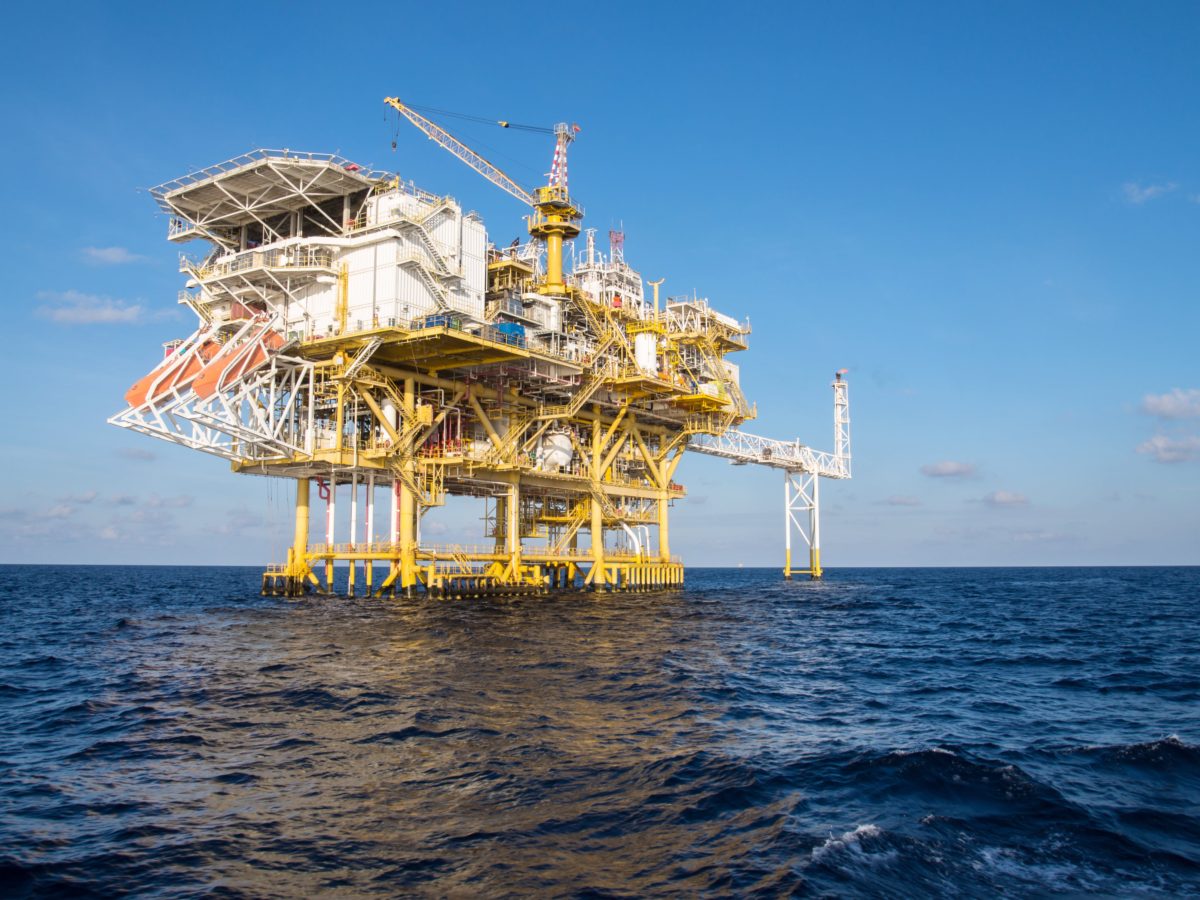Reducing Water Contamination in Oil Development

Poorly-managed oil and gas wastewater poses a high risk of contamination. It can pollute rivers, streams, lakes, soil, crops, and even drinking water. During oil development, water mixed with chemicals and sand is pumped underground. As U.S. oil and gas companies produce 800 billion gallons of salty toxic wastewater each year, it’s important to understand how to reduce contamination.
The oil industry requires highly specialized needs. New Mexico oil field insurance controls losses and protect the value of the business and your equipment. Make sure that your operation is properly protected with a comprehensive policy, in addition to implementing the following best practices.
Reduce Spills
Wastewater that comes out of an oil or gas well is infested with chemicals, contaminating soil and harming vegetation. Spilling wastewater is a common pathway for surface water contamination from oil and gas development.
Improve spill reporting policies to better understand where and how spills are happening. Spills can also be reduced through better management of the fluids near the surface of a well, and asserts that regulators should focus on reducing the risks of well leakage through improved well design.
Freshwater Management
It is urgent to reduce the amount of freshwater used for oil and gas development to avoid water scarcity. Companies may want to their own wastewater, rather than freshwater to help alleviate water scarcity concerns. However, it is possible this could increases spills leading to further environmental impacts. Therefore, expanding research to understand the potential environmental trade-offs of increasing this practice is needed.
Keep Wastewater in the Oilfields
Most water from oil and gas wells is extremely poor quality and neither current science nor technology exists to safely or affordably treat this wastewater for use in other purposes, such as agriculture. Risk considerations dictate that this water will continue to be injected in deep wells or used as fracturing fluid to minimize impacts on other water sources. With our current level of knowledge we do not have the ability to design effective environmental and public health policies to protect communities from exposure of this wastewater.
Water management in the oilfield should be improved. Risks to fresh water resources from drought and heavily localized water use are significant, although rushing to alternatives that we don’t fully understand is dangerous and could create new risks to our health or environment. It has been proven that oil and gas development poses a true risk to water resources. It is pressing to find smarter, science-based policies that find a balance in the way regulators address water management challenges without jeopardizing resources, health, and environment.
About Daniels Insurance, Inc.
At Daniels Insurance, Inc., we have a unique understanding of the risks that businesses like yours face on a regular basis. With the backing of our comprehensive coverages and our dedication to customer service and quick claims resolution, your business will be fully protected. For more information, contact us today at (855) 565-7616.
